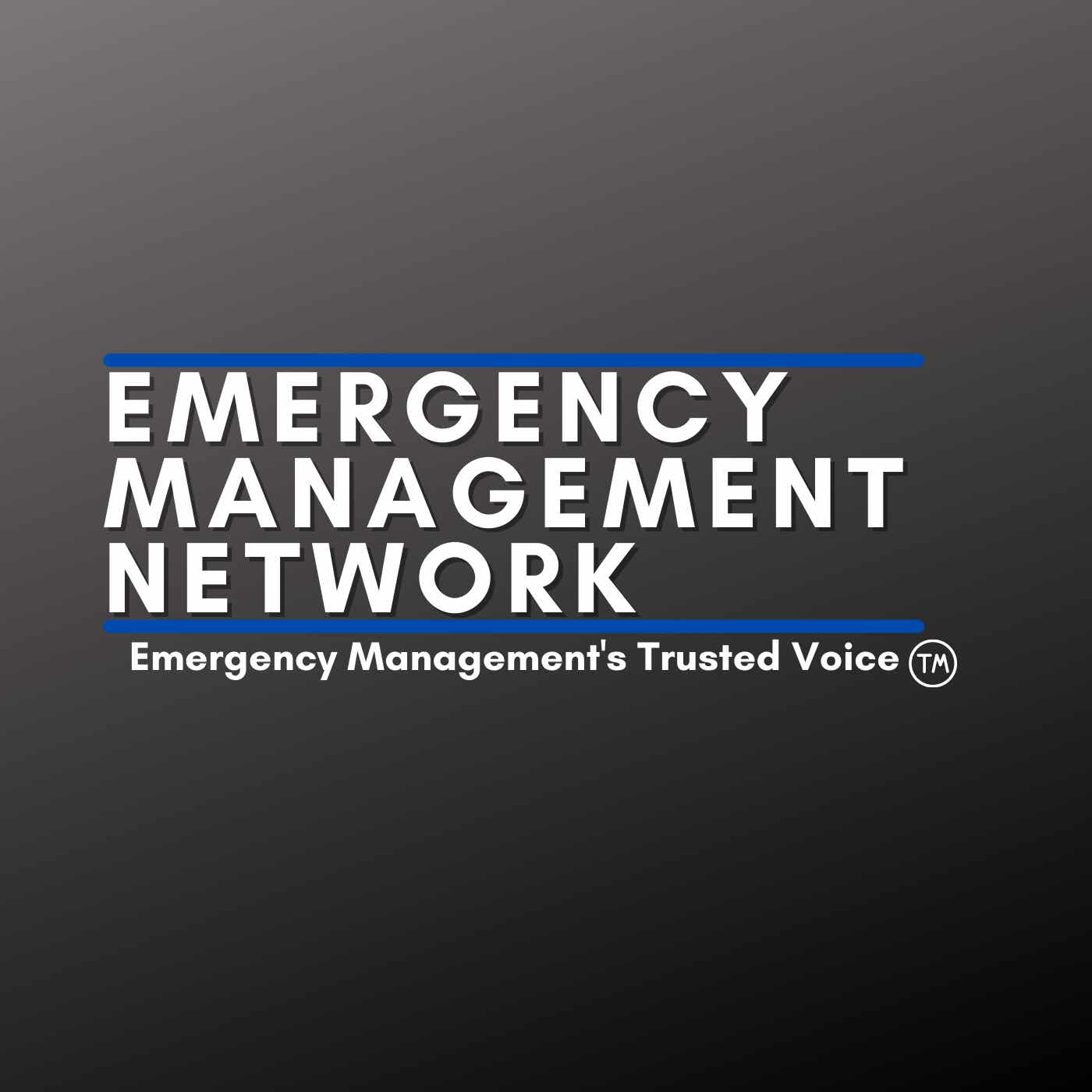Mastering the Must-Have Skills: A Look at the Top Competencies for Today's EM Professionals
Description
Last week I was out of pocket with a few events, so if you missed the podcast, it was me, not you. I was at the IAEM Region 9 Symposium. The team that put on the event did an excellent job. And Yes, I am currently the President of the Region. However, the conference committee needs to have the credit for this event. It was fantastic to see some outstanding speakers, and I got to meet some great emergency managers. I recommend attending small local events. Being in that intimate setting, interacting with professionals you may work with, and social networking is second to none.
I had a deep conversation with a few attendees about emergency management's current issues. The setting was perfect for exploring the concepts and having some introspection on how the field is changing and developing.
Emergency management is constantly evolving as disasters become more frequent and complex. In recent years, emergency management has faced several significant challenges that have forced the field to adapt and grow in new ways.
The increasing demand for resources and funding is a significant issue facing the profession today. With the rising costs of disasters, emergency managers are constantly pressured to find new ways to fund their operations and ensure they have the resources to respond effectively to emergencies. The solution to budget restraints requires creative funding solutions, effective advocacy, and strategic planning to ensure that emergency management remains sustainable over the long term.
In addition, emergency management is also facing new challenges in technology and innovation. With the rapid pace of technological change, emergency managers must constantly stay abreast of new developments and trends to remain effective. We are looking at everything from new communication technologies and data management tools to advanced mapping and modeling software to help emergency managers make more informed decisions about resource allocation and response strategies.
Emergency management is constantly evolving and adapting to new challenges and demands. By staying engaged with the latest developments in the field, emergency managers must ensure that they are prepared to meet the needs of their communities and respond effectively to any emergency or disaster that may arise.
All of this is true; however, these are not even the pressing issues we must address. It is more profound than the everyday nuts and bolts of the job, and the topic may appear esoteric.
The question that may have the most significant impact on the profession comes from the present challenges that create an environment that fosters ethical uncertainty and predicaments, resulting in tension, distress, and severe societal consequences. One may think this sounds hyperbolic; however, it truly is not.
The complexities of hazards and risks associated with the vulnerabilities of communities are escalating. The need for emergency managers to deeply understand disaster policy, economics and the political process is just as critical, if not more important, than the old way of doing things. Today emergency management is more than just the four phases and five pillars taught in IS courses or the tactical skills that can be instilled with on-the-job training. We are looking at future emergency management, including AI, ML, AR, gamification of the workspace, deep thinking, and spacial, systematic decision-making.
Disasters may be local; however, they are experienced globally through policies, decisions, plans, and responses that affect people's daily lives. Although ethical decision-making has always been vital in emergency management (EM), its policies and guidance have yet to be adequately acknowledged. As the field aims to attain professional recognition, it needs a code of ethics and conduct. The exploration of the components of an ethical code of conduct for EM has raised inquiries about distinctions or similarities between the required elements.
Dr. Carol Cwick an
More Episodes
In the fast-paced world of emergency management, staying ahead of potential threats during large-scale events like the Super Bowl is critical. Skyline Technology Solutions is at the forefront of this effort and a key player in integrating real-time video-sharing solutions that empower emergency...
Published 10/25/24
The IAEM Region 9 Presidential Candidates Forum brought together the candidates for the upcoming IAEM Region 9 presidency as they presented their platforms, shared their visions for the future of emergency management, and answered questions from the community. This interactive session provided a...
Published 10/12/24
Published 10/12/24


